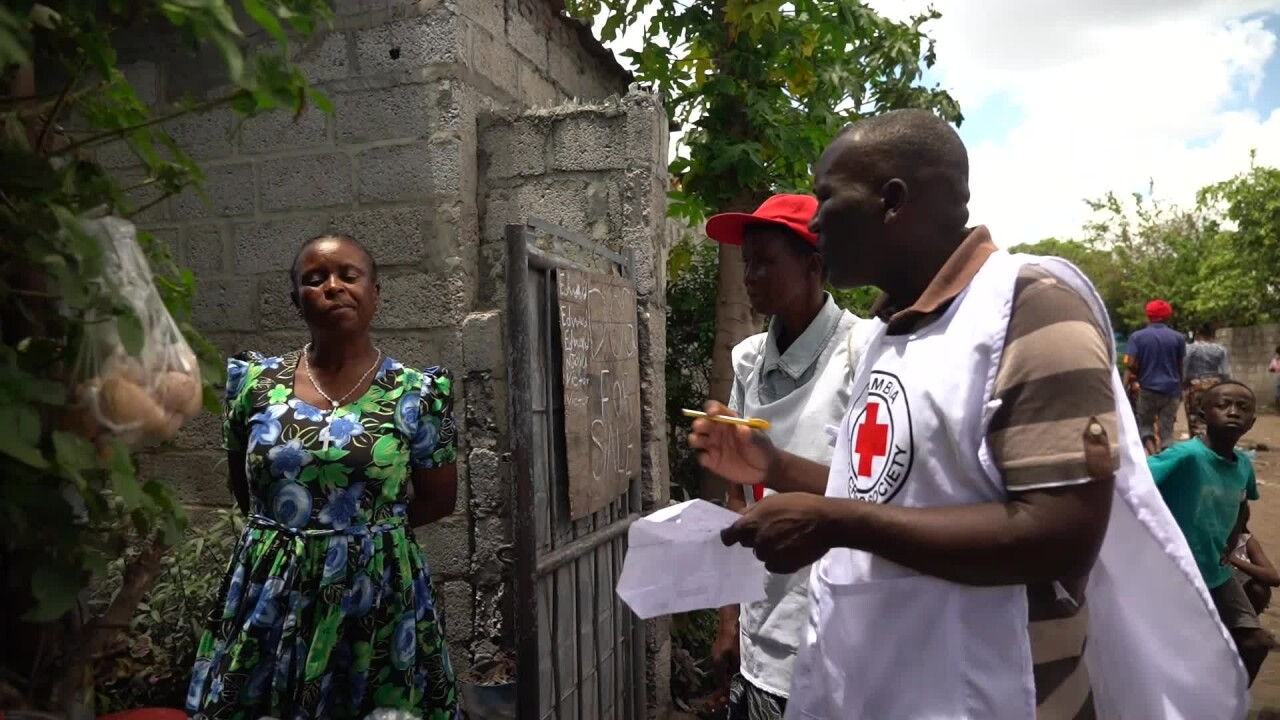
Cholera is endangering children’s lives.
Eastern and Southern Africa is grappling with one of the worst cholera outbreaks in decades, with cases rapidly spreading across the region – especially in densely populated urban areas where contaminated water supplies are infecting large numbers of people, including children.
Over 230,000 cholera cases and 4,000 deaths have been recorded across 14 cholera-affected countries in Eastern and Southern Africa since the beginning of 2023. As of February 2024, 11 countries are reporting active outbreaks, with six countries currently classified by the WHO as in ‘acute crisis’ for cholera.
Of grave concern is the high fatalities recorded in these deadly outbreaks, with 9 of the 14 cholera-affected countries in ESAR surpassing WHO’s case fatality rate threshold of <1 per cent.
Available data suggests that across Eastern and Southern Africa, children and adolescents are disproportionately affected, accounting for up to 52 per cent of all reported cases in some countries. Moreover, high death rates of up to 40 per cent are being recorded among children under 5 years of age. The impact of cholera on children is also observed through the disruption of learning due to school closures. Lessons learned from the COVID-19 pandemic highlight the devastating consequences of such closures on the safety, learning, mental health, and protection of children, with evidence showing that it is in the best interest of children that schools remain open.
The unprecedented increase in frequency, number, and scope of outbreaks in the region is worsened by the impacts of climate change in the region, which is exacerbating the situation by limiting access to safe water and sanitation, triggering population movements (with evidence of cholera easily spreading across borders), and straining weak health systems.
In 2023, cholera cases increased due to extreme weather events such as protracted droughts, multiple cyclones, heavy rainfall, and major floods. The cholera outlook in 2024 remains dire, with many countries in the region already experiencing heavy rainfall and El Niño effects triggering spikes in some countries.
Cholera is both preventable and treatable. Simple handwashing measures and access to safe water keep cholera at bay. However, access to clean water and sanitation is sadly becoming a privilege, particularly in countries most impacted by extreme weather due to climate change.
Responding effectively to the cholera situation in Eastern and Southern Africa requires the urgent strengthening of water and sanitation systems, awareness-raising and engagement among at-risk and affected communities, enhanced surveillance, and improved case management. Significant investments are needed to implement longer-term WASH strategies and achieve the Global Task Force on Cholera Control (GTFCC) roadmap 2030 goal of reducing cholera deaths and stopping cholera transmission.
Event Specifications
- Duration & Audience: A dynamic 2-hour event, designed to captivate up to 400 attendees from start to finish.
- Multilingual Support: Inclusive language options with 6 translations across 8 audio tracks, ensuring every participant feels engaged, with "Floor" and "Spare" tracks for seamless communication.
- Resolution Flexibility: Streamlined delivery in three resolutions, up to 1080p, optimizing for both quality and accessibility. We understand that the essence of your content transcends the need for ultra-high definition.
Customized Offer
- One-Time Webcast: For the special rate of 499 CHF, we include comprehensive setup, real-time support, bandwidth, and platform licensing. While this package focuses on live streaming, we're keen to discuss longer-term partnerships that unlock our integrated Video on Demand (VOD) services.
- Hardware Compatibility: Assuming the availability of essential hardware like the Focusrite Scarlett 18i20 and OBS-equipped laptops on your end, we're set for a seamless execution.
Similar Stories
1
1
2
Summary: Alex oversees regulatory strategy at Wi-Fi Alliance, leveraging 20 years of experience in international telecom regulations. He previously worked at the FCC and holds degrees from Johns Hopkins and George Mason University.




